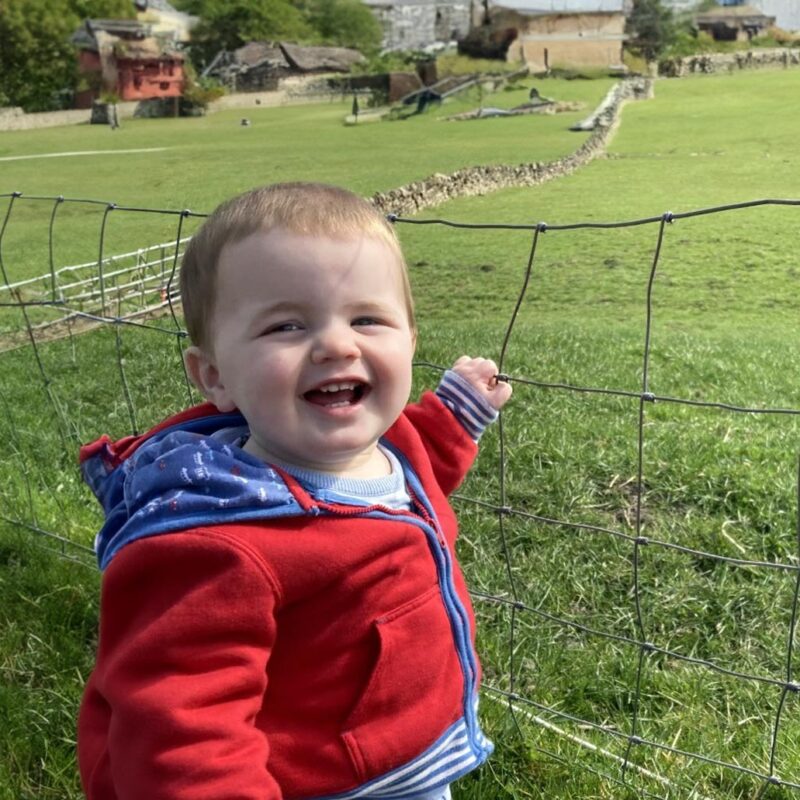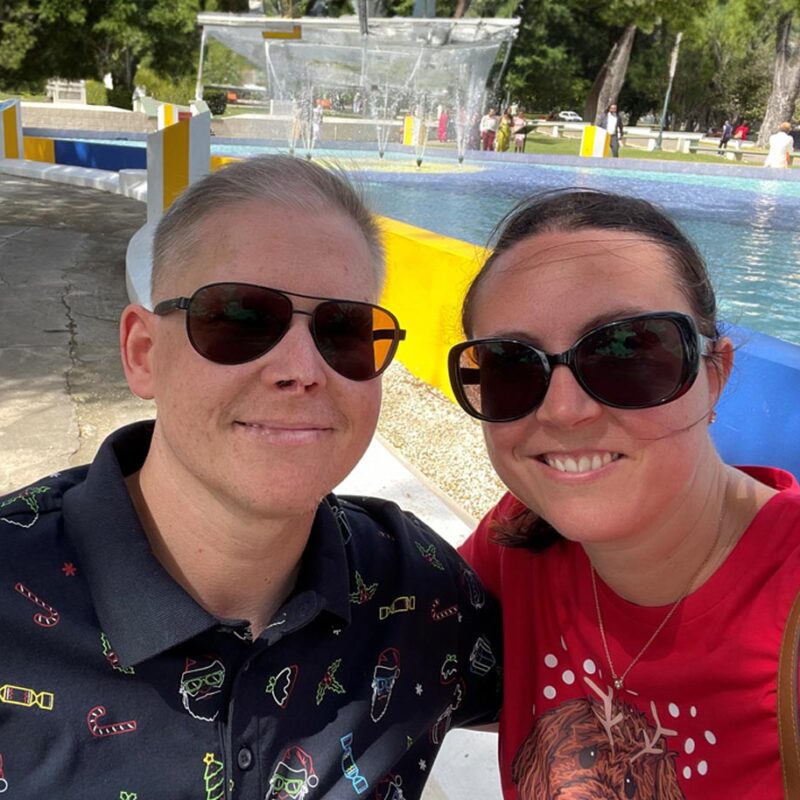To mark Crohn’s and Colitis Awareness Week 2023, England and Somerset cricketer Jack Leach has shared his sepsis experience with the UK Sepsis Trust.
Jack, now 32, was diagnosed with Crohn’s disease aged 14, after a six-month period where he kept going to the doctors with really bad stomach ache. He said: “Doctors were great at making me feel like it wasn’t going to make a big change to my life and there was no reason why cricket couldn’t still be a massive part of my life.”
He tried various treatments options, while learning how to manage his condition alongside his professional sporting ambitions. “I think the big thing for me is to listen to how you’re feeling, listen to your body, and not to try and fight the disease, but work with it,” Jack said.
As someone with a compromised immune system due to medications he takes to control his condition, Jack is more susceptible to infection and therefore sepsis. In New Zealand in 2019, he played the first test and then was left out of the second test. He went out with another player who was also doing 12th man that day for some food. Jack had a chicken burger, and went back to the hotel, before waking up in the night feeling like he had food poisoning.
Jack had diahorrea, was vomiting and had a high temperature. He tried to get through the night before phoning the England doctor in the morning, who gave him some ibuprofen and paracetamol. Jack said: “Progressively through the day, I just started to feel worse and worse.”
His whole body was aching and he was sweating, and was dehydrated due to the vomiting. Jack tried to convince the club doctor who was at the stadium that he was in a bad way, saying he was going to call for an ambulance because he could just tell that something wasn’t right. Jack said: “For a very long period through the night and that morning it felt like just a fever and sickness and a bug. And then really quickly, it started to feel like something different.”
After he crawled to open the hotel room door to the club doctor, the medical team put him in a wheelchair and transported him to the hotel car park where he was violently sick. He was put into one of the team vehicles and taken to a medical centre where a doctor took his obvservations. His heart rate was really high and his blood pressure was really low. Jack said: “I remember being in that room for it felt like a while, but it was probably not very long, and I remember thinking, don’t fall asleep. I even think I wanted to fall asleep.”
“But something in me was like, don’t fall asleep, you won’t wake up.”
He added: “It was pretty scary times. There was definitely a moment where I felt like things weren’t going in the right direction.”
He was urgently transferred to hospital, where he was given antibiotics and fluid to treat sepsis, a condition which Jack had previously never heard of. Jack said: “Within half an hour I just thought, I’m going to be alright because as soon as I had that, it just felt completely different. I was still pretty ill at that point but compared to where I’d felt half an hour ago, I felt good to play a test match.”
He spent the next two days in hospital, before showing enough improvement that he was allowed to leave New Zealand at the same time as the rest of the team. He only had a week at home before going to South Africa for a tour. Jack said: “As a professional sportsman you’re always thinking about what the next thing is, and you probably don’t give it enough respect to what you’ve been through. I was just desperate to get back in the team and play in South Africa, and looking back that was not right, really.”
A few of the players including Jack picked up a cough in South Africa, which retrospectively Jack believes could have been Covid – although there were no tests available at the time to confirm that. People that have had sepsis are more susceptible to reinfection, and can experience after effects including lethargy. Jack had never heard of Post Sepsis Syndrome – an umbrella term given to the variety of physical and cognitive symptoms that many people experience following sepsis – prior to his work raising awareness with the UK Sepsis Trust. He said: “I felt like I was struggling to get over this cough even more so because of what I’d been through in New Zealand. It was just a really run down feeling, no energy. When I did finally get back to training in South Africa, I just felt completely burned out and just couldn’t do it, I was exhausted.”
He returned home to focus on building himself up for the Sri Lanka series, which was going to be in March. He said:
“For what I now know about sepsis, trying to play in an international cricket tour and take full part and just brush it under the carpet like it never happened, that was obviously wrong.”
Now, a few years on from his experience Jack is keen to make others aware of the condition so that they treat it as a medical emergency if they or a loved one is ever in a similar situation. He has shared his story with Musgrove Park Hospital in Taunton, as well as through the UK Sepsis Trust. Jack said: “I feel very lucky to get through sepsis and live to tell the story.”
Jack’s dad even had sepsis after his son’s ordeal, but was thankfully also able to seek treatment in time because he knew the signs. Jack said: “I encourage anyone who even thinks the tiniest amount that they could be suffering, Just Ask: Could it be sepsis?”
Learn the signs, get Sepsis Savvy today.
.





